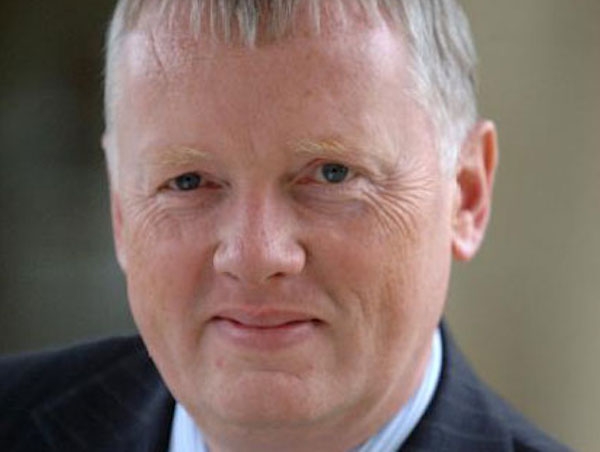The clarity provided this week on personal social care contributions by the Government opens up major retirement advice opportunities, according to Aegon.
The retirement provider anticipates that there will be a growth in Financial Planners helping more clients with inter-generational wealth planning.
The £86,000 cap on contributions towards care “brings a whole new dimension and further value to retirement advice,” it believes.
Steven Cameron, pensions director at Aegon, said: “Until now, advisers have faced an extremely difficult task in advising clients around the funding of possible care costs in older age. Previous rules with no limit on personal care contributions meant the more someone saved, the greater was the risk they’d face catastrophic costs if needing lengthy care.
“The Prime Minister wants the financial services industry to offer care insurance and this needs to be explored, although the costs might be high, particularly if it’s those individuals most likely to claim who seek to purchase this.
“An alternative to insurance is advance saving, notionally earmarked for possible care costs. Under the Pension Freedoms, individuals entering drawdown might ‘notionally ring-fencing’ the capped amount, with advisers helping them live off income drawn from the balance. This offers tax efficiency while also leaving options open as if care isn’t needed, the funds are still available for later life needs or for passing on as an inheritance. Advisers will also be able to consider the extent to which room and board costs might be covered by retirement income.
“Planning ahead for social care costs can also play a big role in protecting inheritance aspirations. It’s likely that the new social care deal will lead to an increase in the number of retirement advice sessions which involve more than one generation. As the Government introduces this new deal, advisers will have a key role to play in helping individuals and their families first understand the implications and then plan accordingly.”
The Prime Minister announced rises to dividend and share tax and a rise in National Insurance from April 2022 on Tuesday to tackle the funding crisis in the health and social care system. The changes were approved by MPs following a vote yesterday.
Share and dividend income tax will rise by 1.25% to, “ask better of business owners and investors to make a fair contribution”, according to Prime Minister Boris Johnson in a speech to the House of Commons.
For those entering care from October 2023, no-one will pay more than £86,000 on social care over their lifetime. The Government will step in and pay any social care bills beyond this cap. The Prime Minister also said that he is working with the financial services industry to allow people to insure themselves up to the £86,000 cap.
Financial Planners have told Financial Planning today that whilst there is clearly a need for social care reform, they are disappointed with the Prime Minister's announcement.

